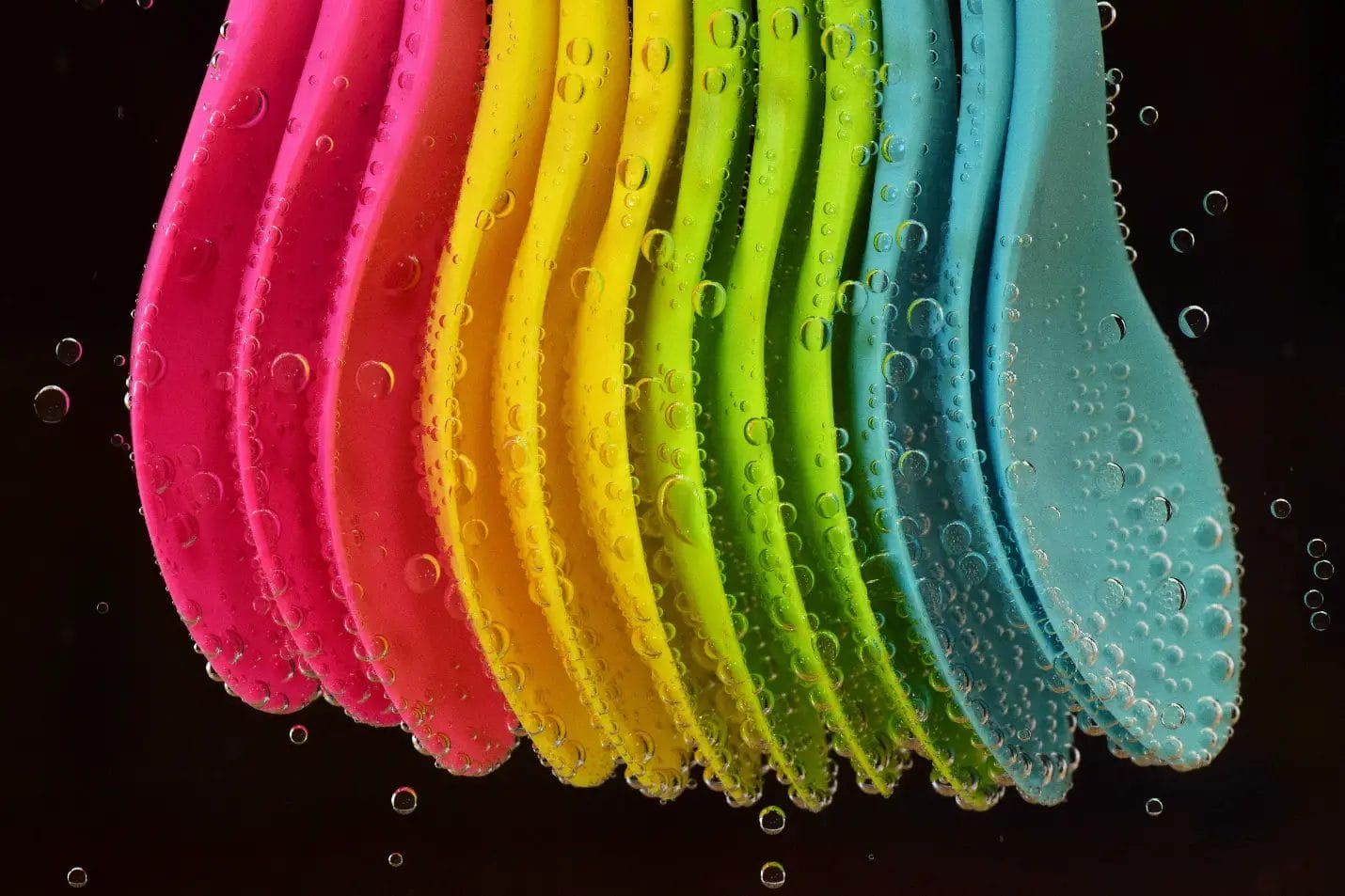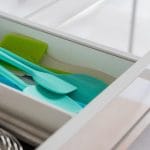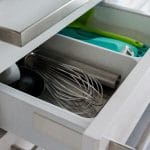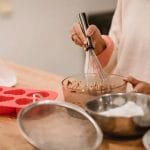Running a kitchen goes beyond just preparing food for yourself and others. Whether one prepares meals at home or is responsible for running a restaurant, the primary goal should be to ensure the food’s safety.
Silicone cooking utensils have become a worldwide consumer favorite. Silicone spoons, spatulas, whisks, and bakeware are used in households and professional restaurants. Their non-stick quality, high durability, and flexibility make silicone cookware ideal for most culinary tasks.
However, regardless of the vibrant and attractive appearance, the safety of silicone cookware is everyone’s primary concern.
Continue reading below to learn about whether silicone cookware is safe or not.
Is Silicone Cookware Safe?
Silicone is a synthetic form of food-grade unreactive plastic. Its chemical structure allows it to be molded into various shapes without breaking into smaller bits. Unlike glass or ceramic cookware that can chip off and contaminate the food, silicone cookware can bend without breaking. This quality allows the food to stay safe from broken cookware pieces.
Silicone cooking wear is designed to withstand extreme temperature changes. Unlike plastic and glass cookware that melts or breaks into the food after excessive heating, silicone can retain its shape and quality up to 428 degrees Fahrenheit. This quality prevents silicone cookware from melting and leaching into the food contents. Hence, silicone utensils and bakeware are safe for high-temperature cooking, oven baking, microwave heating, and freezing.
Moreover, silicone cookware is non-toxic and non-corrosive. The inert nature of silicone cooking utensils prevents any chemical reaction between the food and the cookware. Unlike stainless steel, silicone remains unreactive and undamaged after being excessively heated with acidic food items. This feature ensures the safety of the food and helps keep the body healthy. The unreactive quality also permits the release of any gas emissions and helps prevent air pollution. Hence, silicone cookware is an ideal investment for long-term cooking utensils.
Silicone cookware is non-porous and waterproof. Unlike wood that retains moisture, color stains, and odors, silicone cookware does not absorb any moisture. As a result, silicone utensils do not encourage microbial growth, and the food remains sanitary.
Furthermore, in the 1980s, the US Food and Drug Administration approved food-grade silicone to be used to make commercial kitchenware. Excessive testing and studies concluded that the absence of latex, lead, and BPAs make silicone safe for everyday cooking utensils.
Final Thoughts
Silicone cookware has FDA approval for being a safe and non-toxic form of kitchenware. The unreactive and heat-resistant nature of silicone makes it excellent for heating, baking, and cooking food.
Moreover, silicone cooking utensils are recyclable and eco-friendlier than plastic kitchenware. Hence, it is safe to say that silicone cookware is ideal for human safety and a great plastic alternative for protecting the environment.







